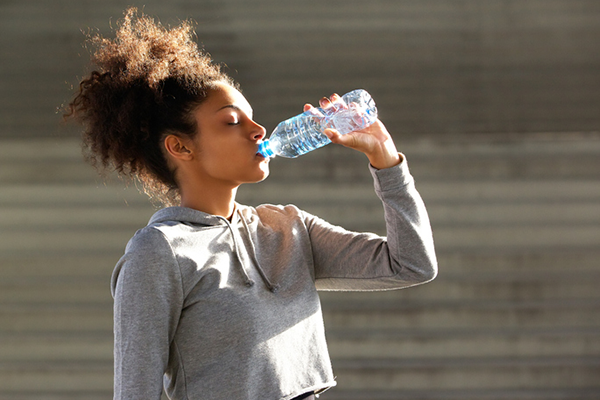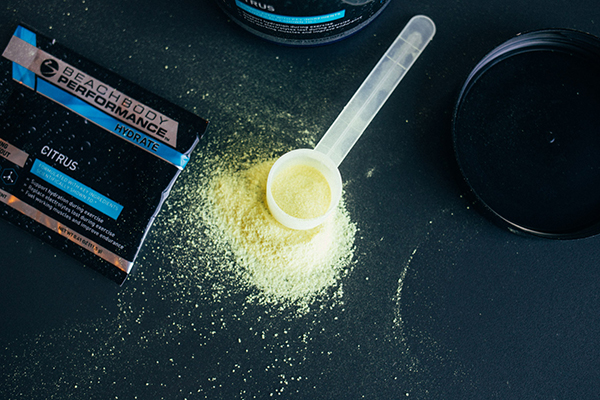Why Your Heart Rate Stays High After Working Out

After an intense cardio workout, you may find that your heart rate stays elevated for longer than seems normal. In most cases, this isn’t something to be alarmed about, so you can let your body handle it in its own time. (However, anyone seriously concerned about their heart rate should consult a physician.)
The main reason your heart rate stays high after working out is that you exerted yourself and your body is having trouble cooling down. The simplest solution would be to exert yourself less, but doing so will slow your results. Instead, the following tips can help your situation.
To yield the most optimal results, practice as many of the following as you can every time you exercise.
1. Add More Cool Down Activity

Your body will cool down on its own, over time, but you can help it do this quicker. Fitness classes tend to have short cooldowns because people generally try to pack as much work as they can in as little time as possible. But a proper cool down is vital if your heart rate stays high after working out.
An effective cooldown is designed primarily to help you slow your heart rate and stretch or, to be more precise, lengthen muscle fibers that have been contracted during your workout. This action enhances your body’s ability to recover beyond what it will do naturally, and your heart rate will follow suit.
2. Hydrate More

Lack of hydration is probably the number one reason your heart rate stays high after working out; many of us are chronically dehydrated and should drink more water. Even if that’s not you, workouts speed up the dehydration process.
The best hydration strategy is to drink a glass of water as soon as you wake up and do this every couple of hours until you go to bed. You should aim to drink at least half your weight in ounces each day.
During exercise, you deplete quicker, which is why most trainers build water breaks into their workouts. Don’t ignore them! You’ve probably also heard that electrolytes, or body salts, are an important part of hydration.
Electrolytes in hydration beverages

You should go into your workout properly hydrated, which includes not only water but also electrolytes. Electrolytes are an array of minerals, primarily sodium and potassium. Most people get enough salt in their diets — too much in fact — but healthy people often get too little because they’re eating fewer processed foods. If you’re on a healthy, whole-food diet, you probably get enough salt for daily activity but not enough for exercise.
This is where a good hydration beverage comes into play. Unfortunately, most people use these drinks when watching sports, not playing them. Many mainstream sports-drink brands know this, and formulate more for taste than necessity. You want to drink sports drinks when you’re active because then, you’ll quickly put their ingredients to use.
Look for hydration supplements that have less sugar and more diverse electrolyte mixtures. Beachbody Performance Hydrate contains four key electrolytes and 10 grams of easily burned carbs to help fight fatigue and rehydrate your body more efficiently.*
3. Fuel Your Body Properly Pre-, Mid-, and Post-Workout

Workout performance and recovery are the greatest influences on how quickly your body achieves results. The key times to fuel for those are pre- and post-workout. Going into a workout properly fueled enhances your ability to train harder. Proper fueling post-workout is when your body’s blood sugar (technically called glucose and glycogen) can greatly enhance recovery. The quicker you recover, the faster your heart rate slows down.
What you should eat pre- and post-workout are broad subjects, but there are many products on the market designed to fill these slots with targeted nutrients that are used efficiently by your body. Beachbody Performance Energize pre-workout delivers a carefully formulated blend of ingredients to help provide energy and allow your muscles to work harder.* Containing 20 grams of protein per serving in both whey and plant-based formulations, Beachbody Performance Recover can help speed muscle recovery and stimulate muscle repair.*
